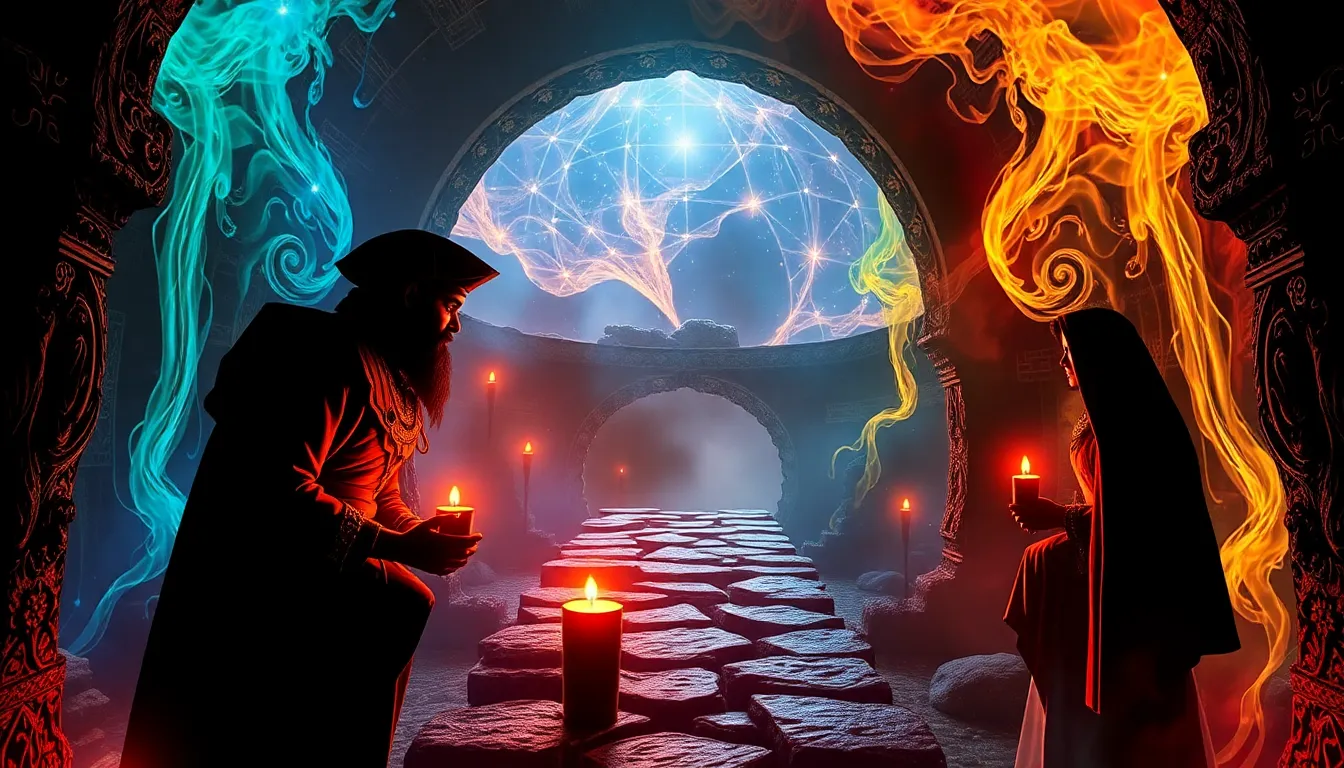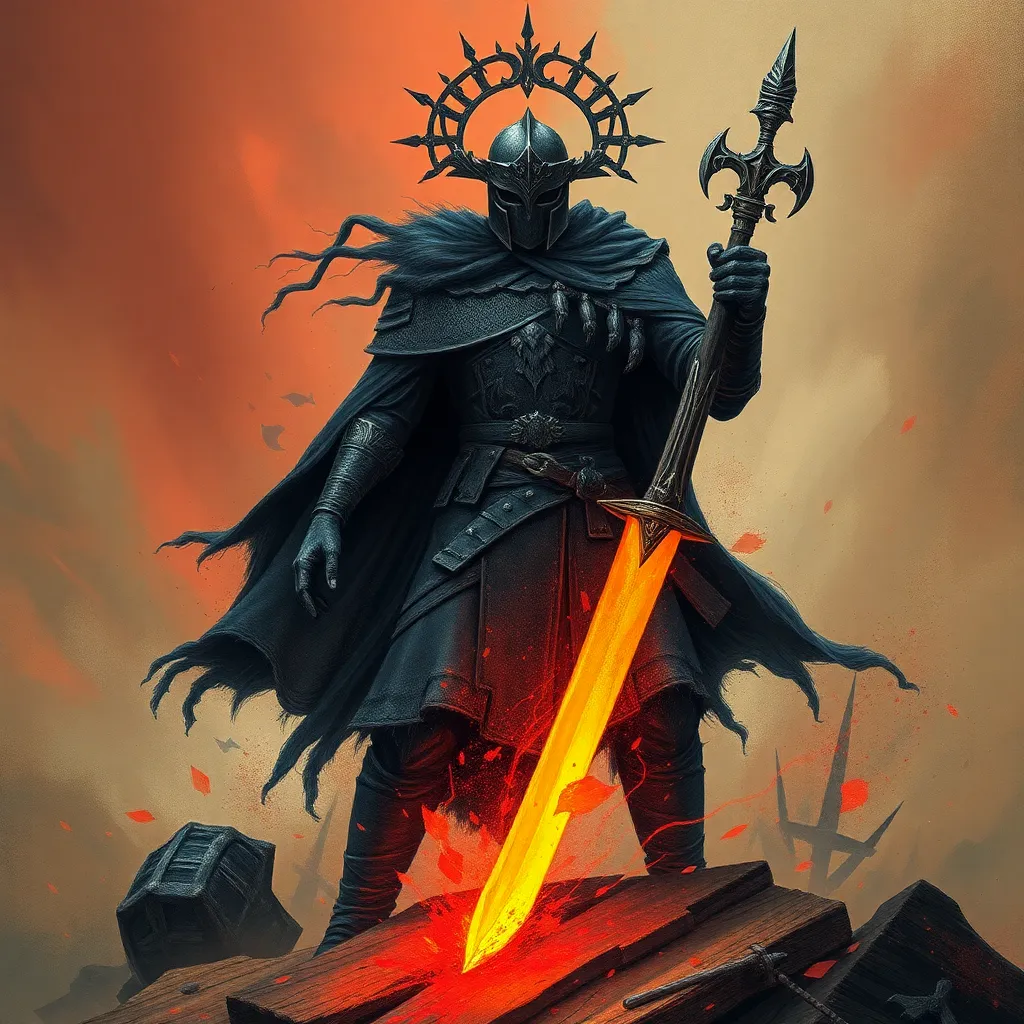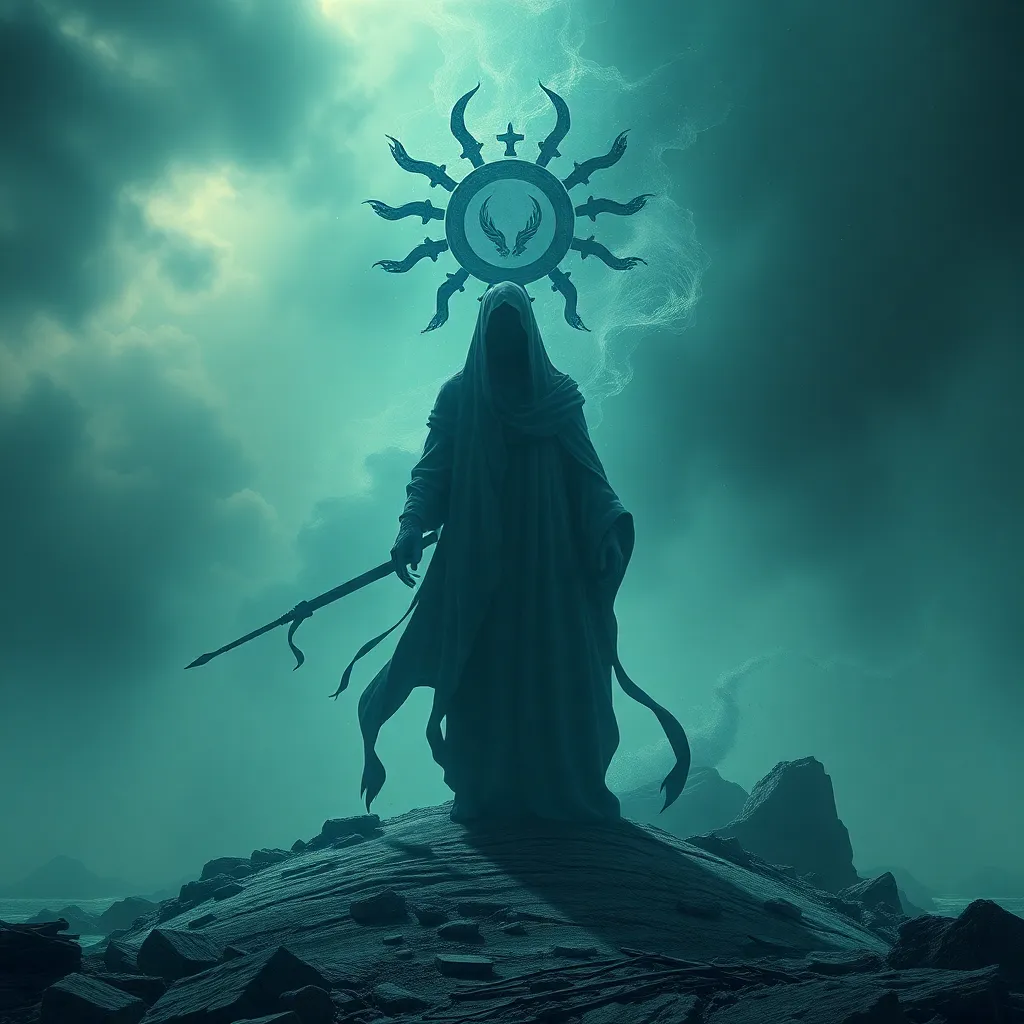Sleipnir Tales: The Greek Myths of the Olympians and the Titans
Introduction to Greek Mythology
Greek mythology encompasses a vast collection of stories and teachings that shaped the ancient Greek culture and religion. These narratives served not only as entertainment but also as moral lessons, explanations for natural phenomena, and reflections of human nature. Central to these stories are two major groups of deities: the Olympians and the Titans.
The Olympians, who resided atop Mount Olympus, were regarded as the principal gods and goddesses of the Greek pantheon. In contrast, the Titans were their predecessors, powerful beings that ruled the world before the rise of the Olympians. Understanding their interactions and the myths surrounding them provides a deeper insight into ancient Greek beliefs and values.
The Olympians: Rulers of Mount Olympus
The Olympian gods and goddesses were revered for their control over various aspects of life and nature. They were not only powerful but also deeply human in their emotions and actions, often experiencing love, jealousy, and vengeance.
- Zeus: The king of the gods, ruler of the sky and thunder.
- Hera: The queen of the gods, goddess of marriage and family.
- Poseidon: God of the sea, earthquakes, and horses.
- Athena: Goddess of wisdom, war, and crafts.
- Aphrodite: Goddess of love and beauty.
Each Olympian had their own domain and distinct personality, contributing to the complex tapestry of Greek mythology. Their stories often intertwined, showcasing their relationships and rivalries, which served to illustrate moral lessons and human experiences.
The Titans: The Predecessors of the Olympians
The Titans were the original deities, born from the primordial entities of ancient Greek cosmology. They were the children of Gaia (Earth) and Uranus (Sky), and they embodied various natural forces and concepts.
- Cronus: The leader of the Titans, god of time and harvest.
- Rhea: Sister and wife of Cronus, goddess of fertility and motherhood.
- Oceanus: The Titan god of the ocean, representing the vast rivers that encircled the world.
The conflict known as the Titanomachy marked a significant turning point in mythology, where the Olympians, led by Zeus, waged war against the Titans. This battle symbolized the struggle between order and chaos, leading to the eventual rise of the Olympian gods and the imprisonment of the Titans in Tartarus.
The Creation Myths: Birth of the Gods
Creation myths are central to understanding the origins of the universe in Greek mythology. In one popular account, the cosmos began in a state of chaos, a void from which emerged Gaia and Uranus. Their union produced the Titans and other primordial beings.
The emergence of the Titans marked the beginning of divine rule, but their reign was challenged by the Olympians, leading to the transformation of chaos into order. This transition highlights the themes of power, creation, and the cyclical nature of mythology.
Key Myths and Legends of the Olympians
The tales of the Olympian gods are rich with adventure and moral lessons. Some of the most significant myths include:
- The Labors of Heracles: Heracles, or Hercules, undertakes twelve impossible tasks as penance, showcasing themes of strength, heroism, and redemption.
- The Trojan War: A legendary conflict sparked by the abduction of Helen, illustrating the consequences of desire and the futility of war.
- Persephone’s Abduction: The story of Persephone’s descent into the Underworld, symbolizing the changing seasons and the cycle of life and death.
These myths are not merely stories; they reflect human emotions and societal values, revealing the complexities of love, vengeance, and the pursuit of glory.
Significant Myths of the Titans
While the Olympians often dominate the narratives, the Titans also have their own compelling myths that explore themes of creation and rebellion. Notable examples include:
- Prometheus: The Titan who defied Zeus by stealing fire to give to humanity, representing the quest for knowledge and the consequences of defiance.
- Atlas: Condemned to hold up the heavens, symbolizing endurance and the burdens of leadership.
These stories of the Titans continue to resonate in modern storytelling, often serving as metaphors for human struggles against fate and authority.
Cultural Impact and Legacy of the Myths
The influence of Greek mythology extends far beyond ancient Greece, permeating art, literature, and popular culture throughout history. Renowned works by artists like Botticelli and Michelangelo draw inspiration from these ancient tales, while contemporary media often references Greek myths, from movies to literature.
Moreover, these myths hold relevance today, as they explore universal themes such as love, power, and morality. Comparisons can be drawn between Greek mythology and other mythological traditions, such as Norse or Egyptian myths, highlighting the shared human experience across cultures.
Conclusion: The Enduring Power of Greek Myths
The tales of the Olympians and Titans are not just relics of the past; they offer timeless lessons about human nature, the complexities of life, and the universe’s mysteries. The themes of love, conflict, and the quest for knowledge continue to resonate, making Greek mythology a rich field for exploration and reflection.
As we delve into these ancient stories, we uncover the lessons they impart and the ways they mirror our own lives. The enduring fascination with Greek mythology encourages us to explore these narratives further, reminding us of the power of storytelling across generations.




